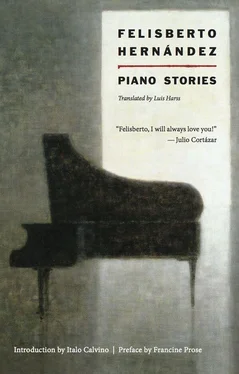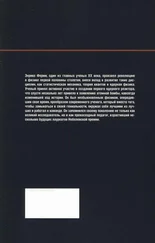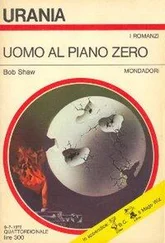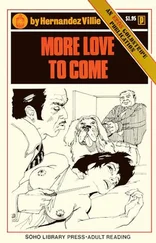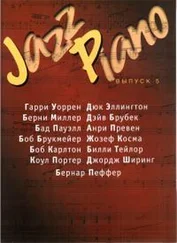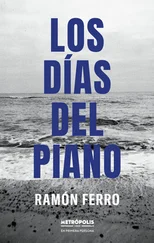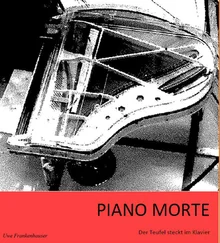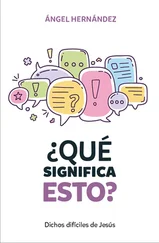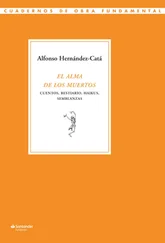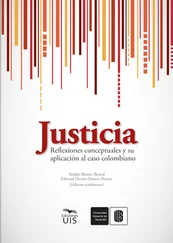Felisberto Hernandez - Piano Stories
Здесь есть возможность читать онлайн «Felisberto Hernandez - Piano Stories» весь текст электронной книги совершенно бесплатно (целиком полную версию без сокращений). В некоторых случаях можно слушать аудио, скачать через торрент в формате fb2 и присутствует краткое содержание. Год выпуска: 2014, Издательство: New Directions, Жанр: Современная проза, на английском языке. Описание произведения, (предисловие) а так же отзывы посетителей доступны на портале библиотеки ЛибКат.
- Название:Piano Stories
- Автор:
- Издательство:New Directions
- Жанр:
- Год:2014
- ISBN:нет данных
- Рейтинг книги:4 / 5. Голосов: 1
-
Избранное:Добавить в избранное
- Отзывы:
-
Ваша оценка:
- 80
- 1
- 2
- 3
- 4
- 5
Piano Stories: краткое содержание, описание и аннотация
Предлагаем к чтению аннотацию, описание, краткое содержание или предисловие (зависит от того, что написал сам автор книги «Piano Stories»). Если вы не нашли необходимую информацию о книге — напишите в комментариях, мы постараемся отыскать её.
Piano Stories
Piano Stories — читать онлайн бесплатно полную книгу (весь текст) целиком
Ниже представлен текст книги, разбитый по страницам. Система сохранения места последней прочитанной страницы, позволяет с удобством читать онлайн бесплатно книгу «Piano Stories», без необходимости каждый раз заново искать на чём Вы остановились. Поставьте закладку, и сможете в любой момент перейти на страницу, на которой закончили чтение.
Интервал:
Закладка:
When the applause and commotion were dying down, a young man made his way up the aisle and interrupted the teacher — who was still in conversation with her childhood friend and the man who had pointed his finger at her as if he were about to ring a bell — shouting:
“Tomasa — don Santiago says to move to the coffee shop, we’re using too much light here.”
“What about the horse?”
“You can’t keep him here all night, sweetheart.”
“Alexander will be along in a minute with a rope and we’ll take him home with us.”
The young man climbed on the stage and went on arguing with the three of them, against me:
“I don’t think it looks right for Tomasa to take that horse home with her. I already heard the Zubiría girls saying it makes no sense for a woman to be alone in the house with a horse she has no use for, and Mother also says it’s asking for trouble.”
But Tomasa said:
“In the first place, I’m not alone at home because there’s Candelaria, who helps out a bit. And in the second place, I could buy a buggy, if it’s any of those spinsters’ business.”
Then Alexander — who turned out to be the boy with folds in his ears — came in and slipped a rope over my neck. But when they tried to get me up I couldn’t move. The man who had been pointing his forefinger said:
“This animal is foundering. You’re going to have to bleed him.”
I was scared to death and, with great effort, I managed to stand up and walk, lame as a wooden horse. They led me out some back steps, into the courtyard. There, improvising a rope halter, Alexander jumped on my back and started kicking my sides and whipping me up. I limped all the way around to the front of the theater in incredible pain. But as soon as the teacher saw us she made Alexander get off.
Although my steps were dull thuds as we headed downtown, and in spite of my exhaustion, I couldn’t fall asleep. Like a dinky street organ grinding out a single broken tune, I kept coming down on the same aching bones. The pain made me pay attention to each separate part of my body as it tried to keep pace with the rest. Now and then, out of step with my other movements, a chill ran down my back, but the next moment it was a shiver of anticipation at the thought of being alone later on, quietly going over my new store of memories.
The coffee shop had billiards on one side and café tables with tablecloths on the other. The two parts were divided by a thick wooden balustrade. On the railing stood two flowerpots wrapped in yellow crêpe, one with a dying plant, the other without. Between them there was a large fishbowl with a single fish in it. The teacher’s boyfriend was still arguing, probably over me. The moment I stuck my head in the door, the people at the tables — I recognized many of the faces I’d seen in the theater — laughed, and the interest in me revived briefly. After a while the waiter came out with a pail of water. The pail smelled of soap and grease but the water was clean. The smell brought me wistful memories of a home that had once let me into its most intimate secrets, and I drank greedily. Alexander hadn’t wanted to tether me outside or to go in with the others: he held my rope while I guzzled, tapping his foot as if marking time to music. A minute later the waiter brought me some dry grass and said:
“I know this pinto.”
Alexander, laughing, put him straight:
“I thought he was the Mendezes’ pinto, too.”
But the waiter came right back with:
“No, the one I’m thinking of isn’t from around here.”
The three-year-old girl who had touched me on stage now appeared, leading another, older girl by the hand. In her tiny free hand she was carrying a few wisps of green grass that she tried to add to the pile I was chewing on, but she missed her throw and it fell on my head and into one of my ears.
Finally I was taken to the teacher’s house and shut in the barn. She led the way in with a candle, shielding the flame with her hand.
The next day I couldn’t get up. They slid open a window with a view of the sky and the man of the pointing finger bled me. Then Alexander came in, sat on a stool he had pulled up next to me and started to play the harmonica. When I was able to stand I looked out the window. Now I had a view down a slope to some trees, through which I saw a river in constant movement. From there they brought me water. They also gave me corn and oats. That day I didn’t feel like remembering anything.
In the afternoon the teacher’s boyfriend came. He seemed better disposed toward me, and I could tell from the way he stroked and patted my neck that he was a likable young man. She stroked me as well, but in an unpleasant way: she didn’t know about horses and her light touch tickled me. One of the times she touched me on the forehead I wondered, “Does she realize that’s where we’re alike?” Then the boyfriend went around the outside of the barn and took a picture of us standing in the window. She put an arm around my neck and leaned her head against mine.
That night I had a big scare. I was at the window, gazing out at the sky and listening to the river, when I heard shuffling steps and saw a stooped figure go by. It was a woman with white hair. After a while she went by again in the opposite direction. And the same the next night and every night I lived in that house. Seen from behind, bent in two, with her square hips and crooked legs, she looked like a walking table. The day I was allowed out of the barn I saw her seated in the yard peeling potatoes. Her knife had a silver handle and she was black. At first I thought her white hair moved strangely as she bent over her potatoes, but then I realized there was smoke mixed in with it, from a short pipe that stuck out a corner of her mouth, clenched between her teeth. That morning Alexander asked her:
“Candelaria, do you like the pinto?”
And she answered:
“Owner’ll be by for him soon.”
I still didn’t feel like remembering.
One day Alexander took me to school. The children went wild. But there was a boy who kept staring at me without a word. He had big flap ears, spread like wings about to fly off. He also wore huge glasses — but his squint eyes stuck close to his nose. The moment Alexander wasn’t watching, he kicked me hard in the stomach. Alexander ran to tell the teacher. When he returned, a little girl with a pot of red ink was painting over a white spot on my stomach with the cork stopper. Alexander ran back to the teacher:
“And that girl painted a heart on his belly.”
During recess another girl showed us a large doll and said that after school she was going to have it baptized. Alexander and I left the minute classes ended, and not the same way we had come. He led me around the back of a church, to the sacristy, called the priest and asked:
“Hey, Father, how much would you charge to baptize the horse?”
“Baptize a horse, son? What an idea!”
The priest’s huge belly shook with laughter.
But Alexander insisted:
“You remember that prayer card of the Virgin where she’s riding a donkey?”
“Yes.”
“So, if you can baptize a donkey, why can’t you baptize a horse?”
“But the donkey wasn’t baptized.”
“You mean the Virgin was riding a donkey that hadn’t been baptized?”
The priest was laughing so hard he couldn’t talk.
Alexander went on:
“You blessed the picture, and the donkey was in the picture.”
We left with heavy hearts.
A few days later we ran into a little black boy and Alexander asked him:
“What’ll we call the horse?”
The black boy seemed to be searching his mind for something. Finally, he said:
“What was that word the teacher said to use for something that’s pretty?”
Читать дальшеИнтервал:
Закладка:
Похожие книги на «Piano Stories»
Представляем Вашему вниманию похожие книги на «Piano Stories» списком для выбора. Мы отобрали схожую по названию и смыслу литературу в надежде предоставить читателям больше вариантов отыскать новые, интересные, ещё непрочитанные произведения.
Обсуждение, отзывы о книге «Piano Stories» и просто собственные мнения читателей. Оставьте ваши комментарии, напишите, что Вы думаете о произведении, его смысле или главных героях. Укажите что конкретно понравилось, а что нет, и почему Вы так считаете.
